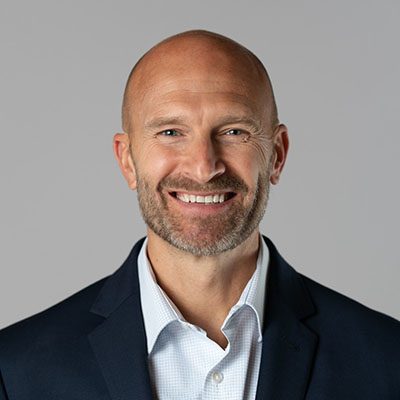IF YOU CARE ABOUT YOUR BRAIN……START EXERCISING!
Exercise is in Fashion these days. When I was growing up, the only gyms that I knew about were in schools or community centers. They tended to be large rooms with very little equipment, no weights, and generally designed for team sports such a basketball, volleyball, or dodgeball. Nowadays, if you live in a city there’s a good chance that you are in walking distance from a gym, and it’s often just a short commute to a gym if you live in a suburban or rural area.
Although gyms vary in quality and cost, almost all of them have a range of equipment that provides cardio, weight training with machines and/or weights, and room for stretching. Personal training and monitoring are often available. In addition to gyms, many people have wearable equipment to keep track of the steps they’ve taken as well as other aspects of physiology, and the number of home gyms have proliferated.
It’s easy to see why the interest in “working out” is so widespread. Exercise makes you feel good and look good. People who regularly exercise tend to do better in controlling weight and body mass as well as other aspects of physiology such as heart rate and blood pressure.
Yet, too many people don’t follow a regular exercise regimen – as evidenced by the obesity epidemic and the number of deaths from preventable diseases. While some people are more genetically inclined to being overweight or ill, most can improve their health by exercising.
While the physical benefits of exercise are often very visible, and the psychological benefits are often what keeps exercisers motivated (some would say addicted), the intellectual benefits are equally or more important, although they may be less well-known. A strong body of evidence demonstrates that exercise increases blood flow to the brain and creates chemical changes that are protective against cognitive decline. Physicians at major university medical schools have written widely about this – including John Ratey at Harvard, Walter Bortz at Stanford, and Sanjay Gupta at Emory (who is also a media expert).
If you don’t exercise, it may be hard to get started, but if you take small steps to get started and stay consistent, it won’t take long for it to be self-rewarding enough for you to want to keep it going. Your brain will thank you for it!
I also encourage you to make a commitment to wellness by joining The Mental Health Gym, and also become part of our Aging with Enthusiasm Facebook community. For more individualized guidance, please contact me for information about our courses and Coaching programs.

























